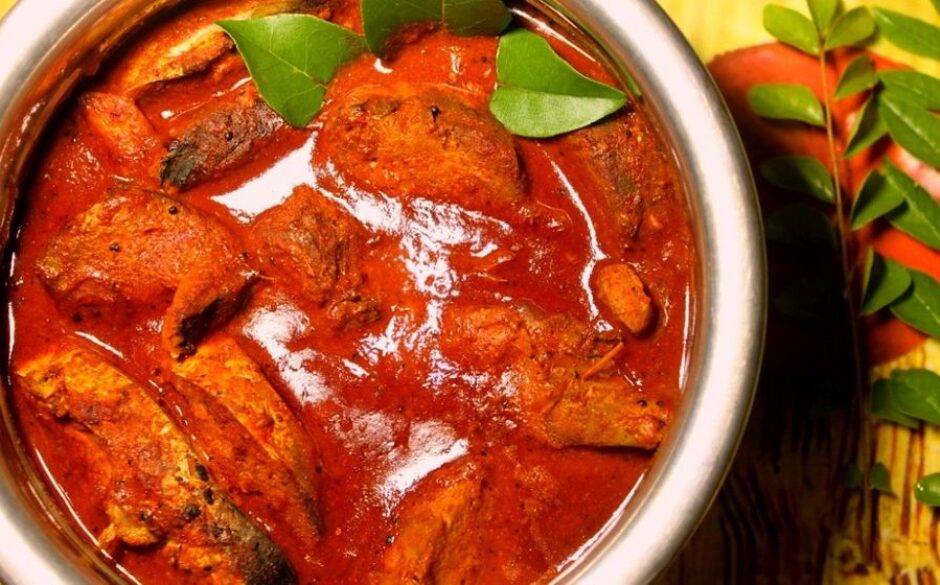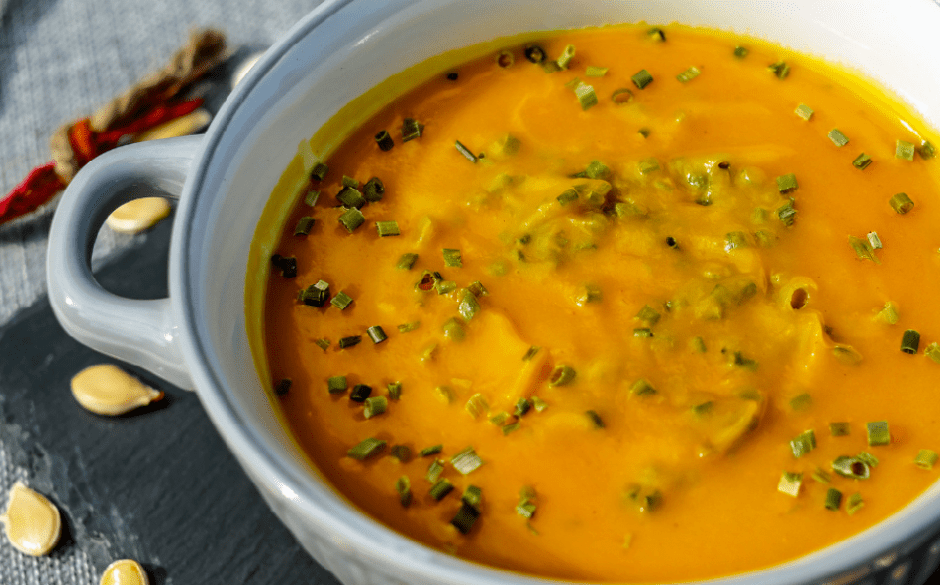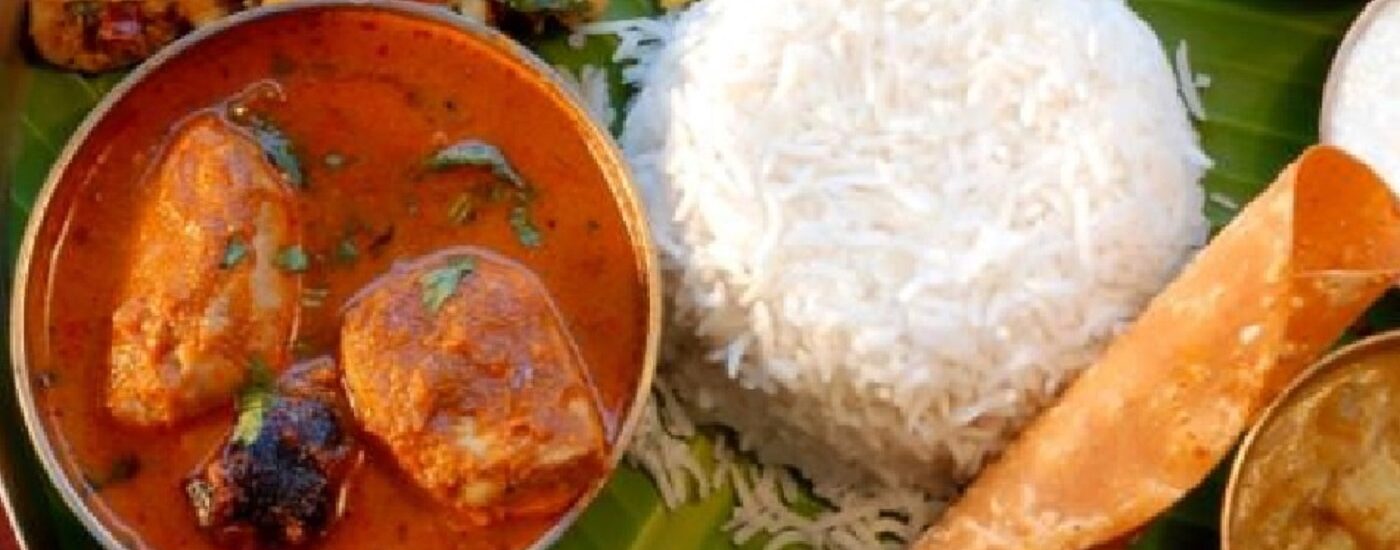National Curry Week is a celebration of one of the most beloved and iconic dishes in the world, curry. While curry has become a global sensation, its roots are deeply tied to India, making this weeklong culinary event an excellent opportunity to explore the rich history and cultural significance of this flavourful cuisine in its country of origin.
National Curry Week: Exploring India’s Culinary Tapestry and Global Influence
Let’s dive into the spicy world of curry and uncover the rich tapestry of flavours, cultures, and traditions that it encompasses.
National Curry Week
National Curry Week is a celebration of one of the most beloved and iconic dishes in the world, curry. It is an annual event held in the United Kingdom that pays homage to the diverse and flavourful world of curries. This weeklong culinary extravaganza not only highlights the deliciousness of curry but also explores its deep-rooted history, from its origins in India to its journey to becoming a British culinary staple.
The Origins of Curry in India
The word ‘curry’ is an Anglicized spelling of the Tamil ‘kari’, meaning sauce or ‘relish for rice.’ This highlights the importance of sauces and gravies in Indian cooking, which is a fundamental element of curry dishes.
Regional Diversity: A Journey Through India’s Curry Capitals
One of the most fascinating aspects of curry in India is its regional diversity. Each state in India boasts its own unique curry recipes, showcasing the vast array of ingredients, spices, and cooking techniques that define Indian cuisine.
– Chettinad Curry (Tamil Nadu): The fiery Chettinad curries of Tamil Nadu are known for their use of black pepper and bold flavours. These dishes pack a spicy punch that’s sure to tantalize your taste buds.
– Kerala Coconut Curry (Kerala): Moving west to Kerala, the cuisine offers coconut-infused curries with a mild, tropical sweetness. The use of coconut milk adds a creamy texture to these delightful dishes.
– Punjabi Creamy Curries (Punjab): In the north, Punjab is famous for its rich and creamy curries like butter chicken and paneer tikka masala. These dishes showcase the opulent side of Indian cuisine.
– Bengali Fish Curry (West Bengal): Bengal, in the east, has the delectable fish curry, which combines mustard seeds and a subtle blend of spices to create a tangy, aromatic dish. It’s a must-try for seafood enthusiasts.

The Spice Trade and Global Influence
The allure of Indian spices, including those used in curry, played a pivotal role in shaping world history. Centuries ago, the spice trade routes connected India to Europe, the Middle East, and beyond. Spices like cardamom, cinnamon, cumin, and coriander were highly sought after, not only for their culinary uses but also for their medicinal and preservative properties.
Chilli, a key ingredient in many curries, not only adds flavour but can also help prevent strokes and heart attacks due to its beneficial effects on the circulatory system.
The British Connection
National Curry Week also provides an opportunity to reflect on the British connection to curry. During the British colonial era, Indian cuisine, including curry dishes, found its way to the UK. It was a favourite among the British soldiers stationed in India, and the first curry houses appeared in Britain from 1809, marking the beginning of its journey to becoming a British culinary staple.
Portuguese Influence on Vindaloo
The original recipe for the Portuguese-influenced Vindaloo contained more than 20 types of pepper. This demonstrates the fusion of culinary traditions that has enriched Indian cuisine over the centuries.
Exploring Curry Heat: Phall
Phall is even hotter than Vindaloo, but it is rarely served in Britain because of its extreme spiciness. This fiery curry showcases the diverse spectrum of heat levels in Indian cuisine and the adventurous spirit of those who dare to try it.
Vegetarian and Vegan Options
In the world of curry, there’s an abundance of vegetarian and vegan options. Indian cuisine has a long tradition of creating delicious plant-based dishes, making it a paradise for vegetarians and vegans. Dishes like ‘Baingan Bharta’ (smoky eggplant curry), ‘Chana Masala’ (spicy chickpea curry), and ‘Aloo Gobi’ (potato and cauliflower curry) are just a few examples of the diverse and flavourful vegetarian curries you can enjoy.
For vegans, many traditional curries are naturally vegan, as they rely on vegetables, legumes, and a variety of spices. Coconut milk or cashew cream can be used to create rich and creamy vegan curry sauces, making the options even more extensive.

Celebrating National Curry Week in the UK
In the UK, National Curry Week is a time to celebrate the diverse world of curry. It’s a week when restaurants, food enthusiasts, and communities come together to appreciate the flavours, aromas, and traditions of this beloved dish. It’s also an opportunity to acknowledge the significant contributions of the British Indian community to the UK’s culinary landscape.
National Curry Week serves as a reminder of the deep ties between India and this globally adored dish. It’s a celebration of India’s rich culinary heritage and its influence on the world of food. So, as you savour that delicious curry during National Curry Week, take a moment to appreciate the centuries of tradition and innovation that have gone into creating this iconic dish, all originating from the diverse and vibrant land of India, where regional curries continue to enchant taste buds and tell stories of culinary history, spiced with intriguing facts and flavours. Whether you’re a meat lover, a vegetarian, or a vegan, there’s a curry out there waiting to delight your palate.

